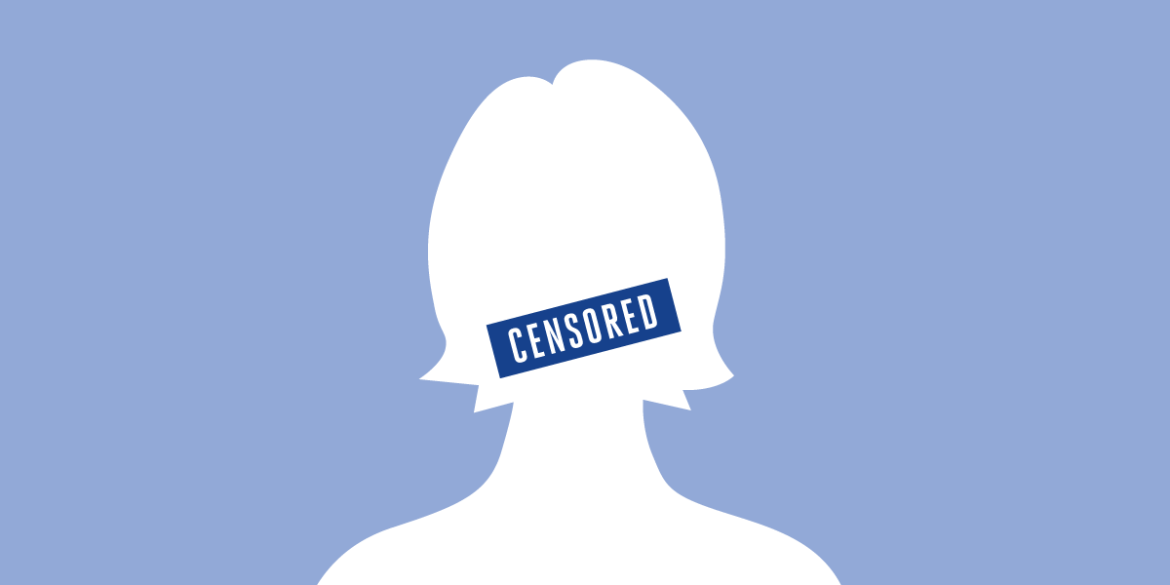5th Circuit’s Stance on Content Moderation
Late Friday, the 5th Circuit Court of Appeals delivered a decision, suggesting the Biden administration, including the White House, health officials, and the FBI, may have crossed a constitutional line. The court was concerned with potential breaches of First Amendment rights, especially concerning posts about COVID-19 and the 2020 elections. The administration is said to have exerted pressure on major tech platforms – Facebook, YouTube, and X (formerly Twitter) – urging them to suppress or entirely remove certain content.
This ruling, echoing a previous directive from a Louisiana federal judge, restricted many federal agencies from liaising with these social media platforms regarding content moderation.
Conservatives Rejoice, Scope Narrowed
In what conservatives perceive as a hallmark victory, the three-judge panel, through a comprehensive 75-page document, underpinned the decision. Still, they opted for a more measured approach by scaling back the initial order’s scope. Now, the Biden administration faces a ticking clock, having just 10 days to contemplate a move to the Supreme Court.
White House’s Response
In a defense of its actions, the White House, via an official statement, highlighted its commitment to public health, safety, and the preservation of electoral integrity. They emphasized their belief in the pivotal role of social media platforms in shaping public perception and underscored the need for these platforms to act responsibly.
Roots of the Lawsuit
At the lawsuit’s core are allegations from conservative states, Louisiana and Missouri, coupled with a conservative website owner and four other individuals critical of the administration’s COVID-19 guidelines. The crux of the lawsuit targets the administration’s alleged coercion of tech platforms to remove what they deemed contentious narratives, especially those centered on claims of election fraud, the FBI’s approach to Hunter Biden’s laptop controversy, and the ongoing pandemic.
The 5th Circuit’s panel concluded that the White House might have overstepped by using “intimidating messages” and projecting potential repercussions, which could have influenced the content curation processes of these platforms.
Free Speech vs. Government Interests
Drawing a fine line between government interests and potential overreach, the judges stated, “While it’s valid for officials to liaise with social media giants concerning misinformation and election interference, it’s unconstitutional to suppress varying viewpoints.”
Subsequently, the court found U.S. District Judge Terry Doughty’s earlier ruling on the matter to be overly encompassing. Doughty had notably framed the incident as potentially the “most significant onslaught against free speech in U.S. history.”
Moreover, some agencies like the National Institute of Allergy and Infectious Diseases, the Cybersecurity and Infrastructure Agency, and the State Department were exempted from the directive.
Pushback Against Censorship
Louisiana’s Attorney General, Jeff Landry, hailed the court’s decision, emphasizing its foundational importance in upholding free speech. Landry’s sentiments, reflective of many conservatives, underscore a broader sentiment: the necessity of preserving unfiltered discourse, irrespective of one’s political leanings.

